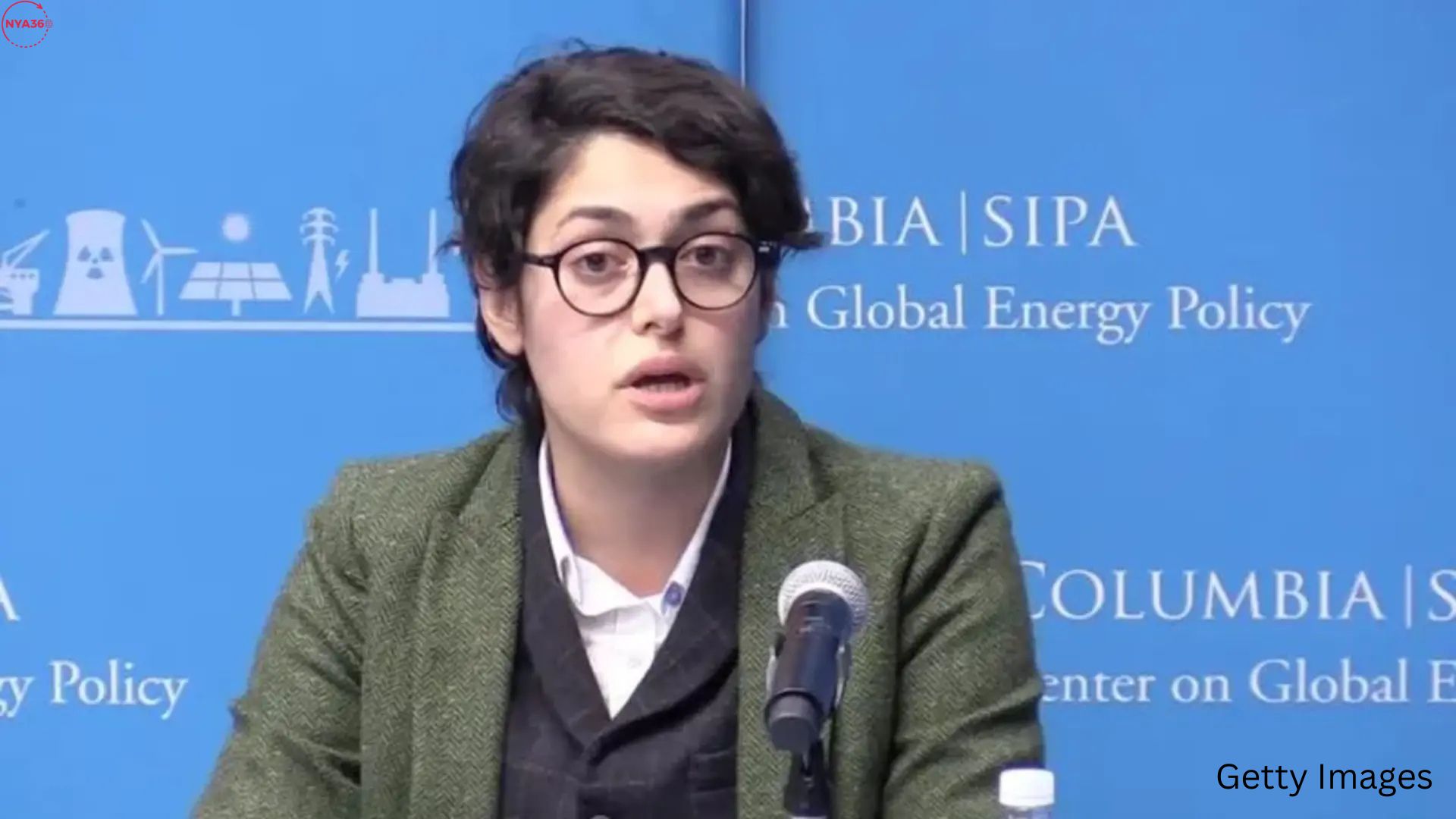The Pentagon has officially refuted allegations that Ariane Tabatabai, an Iranian-American official at the Department of Defense, is a suspect in the ongoing FBI investigation regarding leaked classified documents about Israeli military operations. The Pentagon’s resolute position arises amidst circulating allegations and reports, especially from sources such as Sky News Arabia, claiming Tabatabai’s participation in the illicit distribution of classified material. This essay intends to examine the consequences of these developments, the backdrop of the disclosures, and the wider implications for U.S. intelligence and foreign affairs.
The Disclosed Documents and Their Consequences
The dispute arose when classified documents emerged online, allegedly outlining Israel’s military strategies for an assault on Iranian nuclear sites. The memos, intended for internal and allied circulation, delineated Israel’s operational strategies in response to increased regional tensions. The leaks triggered urgent concerns regarding national security measures at the Pentagon and underscored the delicate nature of U.S.-Israel relations in the context of continuous conflicts with Iran.
The leaked documents allegedly contained timeframes, military capabilities, and strategic evaluations, all essential for comprehending the delicate power dynamics in the Middle East. The information in these documents influences military strategy and significantly impacts diplomatic relations and the continuing negotiations around Iran’s nuclear program.

Ariane Tabatabai: Biography and Position at the Pentagon
Ariane Tabatabai is a prominent individual in the U.S. defense sector, acknowledged for her proficiency in Middle Eastern politics and nuclear non-proliferation. In her capacity as a senior official in the Department of Defense, she is responsible for assessing and providing counsel on important matters about U.S. national security, especially regarding Iran’s nuclear aspirations and regional military dynamics.
Tabatabai possesses an academic background centered on Iranian studies and international politics, establishing her as a prominent authority in dialogues concerning U.S.-Iran ties. Nevertheless, her Iranian-American ethnicity has occasionally attracted scrutiny and prompted inquiries regarding possible biases in her evaluations and actions. The recent charges against her have incited additional discourse regarding her position in the Pentagon and the integrity of U.S. intelligence activities.
The Pentagon’s Reaction and Rejection
In response to the charges, the Pentagon promptly sought to elucidate its stance on Tabatabai’s participation in the probe. Officials unequivocally refuted claims that she is a suspect in the current FBI investigation over the leaks, underscoring the necessity of precise reporting and ethical media. The Pentagon’s denial emphasizes the necessity for a clear and factual comprehension of the unfolding events, especially in light of the increased scrutiny of U.S. intelligence operations.
Furthermore, the Pentagon’s repudiation safeguards Tabatabai’s reputation and professional stature inside the defense sector. In a context where trust and confidentiality are crucial, accusations of misbehavior can have detrimental effects, both for individuals and the organizations they embody. The Pentagon seeks to maintain the integrity of its people and reassure allies and stakeholders over the security of its operations by publicly addressing these rumors.

Media Accountability and Disinformation
The assertions made by platforms such as Sky News Arabia provoke essential inquiries about media accountability and the dissemination of false information. In an era of swift information dissemination across multiple channels, the likelihood of mistakes and sensationalism may result in misinterpretation and public hysteria. Responsible journalism requires meticulous fact-checking and dedication to reporting grounded on verified evidence, especially when national security is involved.
The media’s influence on public perception is significant, particularly regarding sensitive matters like as intelligence operations and international relations. The accusations against Tabatabai exemplify the perils of speculative journalism, as they can propagate narratives that may diverge from the truth and tarnish the reputations of the individuals implicated.
Wider Consequences for U.S.-Iran Relations
The current dispute around the leaked materials and Tabatabai’s subsequent denial of involvement unfolds amid escalating tensions between the U.S. and Iran. As both governments manage a complicated relationship characterized by historical grudges and geopolitical goals, any developments concerning intelligence leaks may intensify existing animosities.
The United States has consistently expressed apprehension regarding Iran’s nuclear aspirations, perceiving them as a direct menace to regional stability and global security. The leaked documents detailing Israel’s military preparations have raised concerns inside U.S. defense circles. If Iran views these leaks as proof of organized attempts to subvert its sovereignty, it may react with increased aggressiveness, potentially exacerbating regional instability.

Effects on Intelligence Operations and National Security
The Pentagon’s repudiation of Tabatabai’s purported involvement underscores the persistent difficulties encountered by U.S. intelligence services in protecting classified information. The leaks have generated discussions about the sufficiency of existing security protocols and the necessity for modifications to avert future breaches. As intelligence agencies face escalating cybersecurity threats and insider vulnerabilities, the necessity for robust security measures is critical. The event concerning Tabatabai highlights the dangers inherent in intricate intelligence operations, especially in an environment where sensitive information can be obtained and shared with relative ease.
Furthermore, the repercussions of these disclosures may result in heightened examination of personnel within the Pentagon and other intelligence agencies. Consequently, there may be increased initiatives to enforce more rigorous vetting procedures and security clearances, especially for those with access to confidential information.
Prospective Considerations and Conclusion
The Pentagon’s unequivocal rejection of Ariane Tabatabai’s involvement is a significant move in the ongoing inquiry into the leaks. The media is vital for public information, but appropriate reporting is crucial, especially for national security. U.S. intelligence agencies need to enhance their security protocols to avert such intrusions. Given the ongoing geopolitical tensions and the evolving terrain of international relations, preserving the integrity of intelligence operations is crucial for securing national security and protecting U.S. interests overseas.
In summary, although the accusations against Tabatabai have attracted considerable media scrutiny, the Pentagon’s unequivocal rejection underscores the necessity of factual accuracy in addressing the intricacies of national security. As the situation evolves, sustained vigilance and accountability will be crucial in maintaining the tenets of democracy and transparency while safeguarding the nation against potential dangers.
Follow us on social media: Instagram, Threads & Twitter X @nya360_ YouTube & Facebook @nya360.





